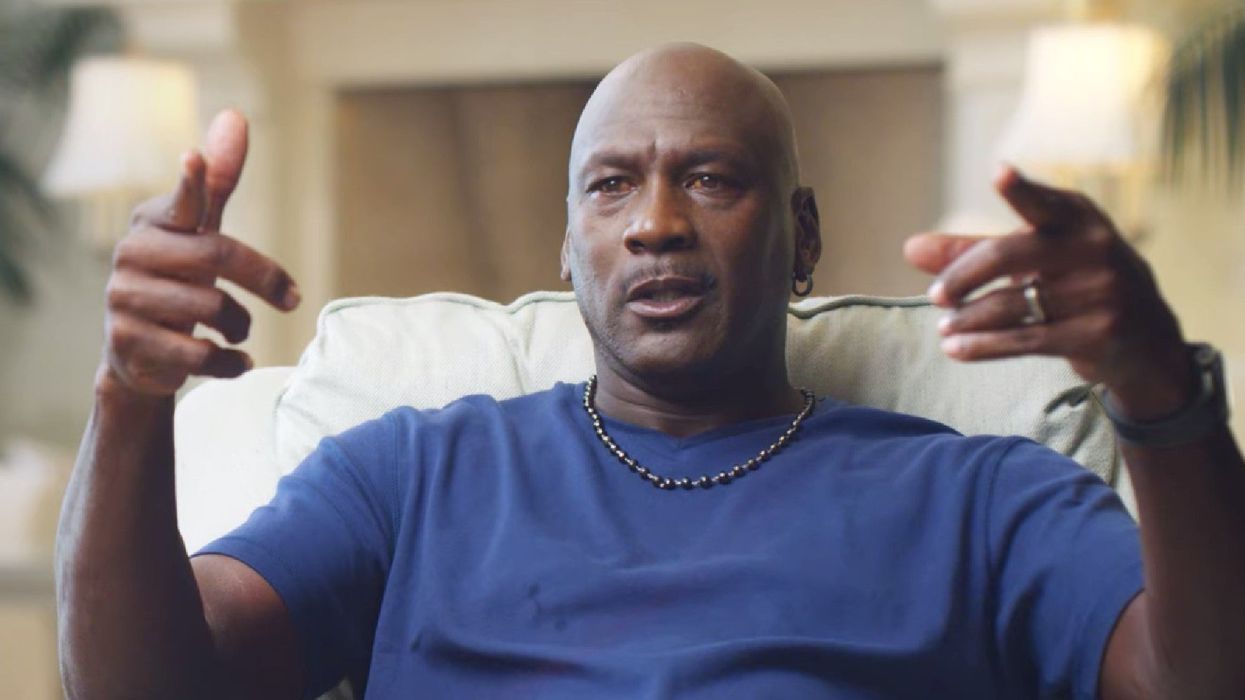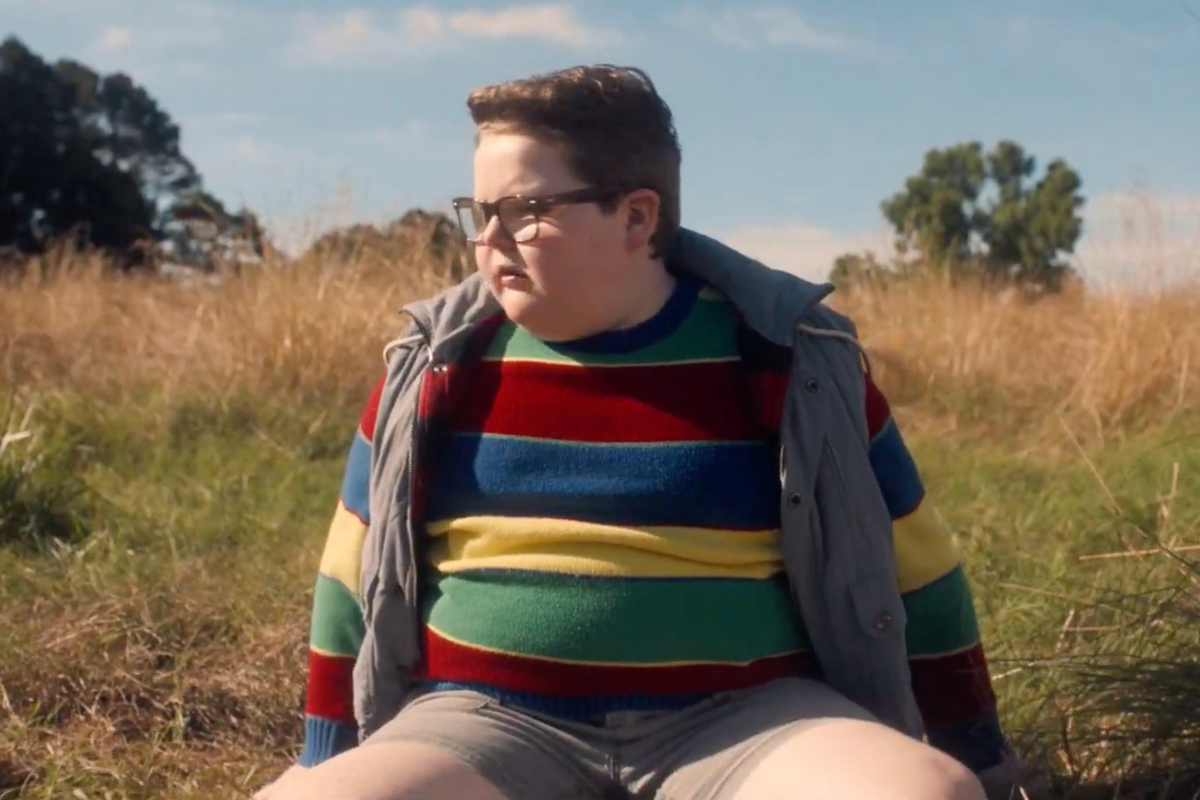Sport
Greg Evans
May 15, 2020
The Netflix and ESPN documentary series, The Last Dance has given viewers a unique look into the world of Michael Jordan and how he and the Chicago Bulls arguably dominated the entire sports world in the 1990s.
Jordan's status as possibly the greatest basketball player of all-time would not be disputed by many but the success that an athlete in a team sport must require of his teammates is often more demanding than it would be for say a long-distance runner or boxer.
At the end of episode seven, the show delves into whether Jordan, despite his global appeal and success was a nice guy due to the criticism and expectations that he would enforce upon others.
Jordan's former Bulls teammate BJ Armstrong admitted that Jordan couldn't have been a 'nice guy' because his level of performance made him 'difficult.'
The interviewer then asks Jordan:
Through the years do you that intensity has come at the expense of being perceived as a nice guy?
What follows is just over two minutes of Jordan passionately explaining his position and what he deemed to be appropriate leadership and what a team must do to keep winning.
This is what he said:
Winning has a price and leadership has a price. I tried to pull people along when they didn't want to be pulled.
I challenged people when they didn't want to be challenged and I did that because all the teammates that came after me didn't endure all the things that I endured.
Once you join the team you live a certain standard that I play the game and I wasn't going to take anything less.
Now if that means I had to go in there and get in your ass a little bit then I did that.
You ask all my teammates, the one thing about Michael Jordan was that he never asked me to do something that he didn't do.
When people see this they might say 'well, he wasn't really a nice guy, he may have been a tyrant.'
No, that's you because you never won anything. I wanted to win but I wanted them to win too.
I don't have to do this and I'm only doing it because it is who I am. That's how I played the game. That was my mentality.
If you don't want to play that way, don't play that way.
The explanation has since been shared on Twitter and has already received more than 5 million views with the overwhelming opinion being that it is inspirational.
Sometimes you struggle to contextualise greatest in small video clips. This is as close as you can probably come.… https://t.co/3s2mQvrXJB— Jim Hamilton (@Jim Hamilton) 1589352541
This is the greatest two minutes of advice anyone could ever watch if they want to understand what it takes to be a… https://t.co/Gw7mK9iUt6— Piers Morgan (@Piers Morgan) 1589372849
The best 2 minutes of the entire series. The mentality of a winner, a man who pushed others to reach standards they… https://t.co/40BWHpzod4— Matthew Syed (@Matthew Syed) 1589440038
I grow and learn to live to these words https://t.co/L44VwN8uAM— Jordan Jarrett-Bryan (@Jordan Jarrett-Bryan) 1589372507
I watch this clip every time it appears on my timeline https://t.co/bbQMXU9bTr— Dan Walker (@Dan Walker) 1589443188
The complete athlete, that winning mentality truly does come at a price. Absolutely love the docuseries and you cou… https://t.co/DCRds6PgyF— Roy Nemer (@Roy Nemer) 1589388900
However, others have interpreted it differently and asked whether this type of mentality and approach to others would be accepted in 2020, with some also comparing the approach that other sports stars had adopted.
I'm interested in hearing people's thoughts. We live more predominantly in a 'development and progression' era atm.… https://t.co/euOdd9mSad— John/Juan A Tapia Owens (@John/Juan A Tapia Owens) 1589453749
@GaryLineker Perhaps the most overlooked, impressive facet of Diego Maradona's playing career is that former teamma… https://t.co/a3SrFhIEpm— fantasista🔟 ⚽ (@fantasista🔟 ⚽) 1589380738
@GaryLineker Not agreeing nor disagreeing with your premise, but I’m just wondering what @WayneGretzky teammates wo… https://t.co/rvJn38RMsF— Rich Marotta (@Rich Marotta) 1589401060
michael jordan was the michael jordan of bullying https://t.co/t6fqgeufHq— Dirty Lenny (@Dirty Lenny) 1589163604
Difficult for me to appreciate people that worship Michael Jordan but hate Donald Trump when the foundation of both… https://t.co/oaxDX00aOE— ygrd23 (@ygrd23) 1589472900
The story of Michael Jordan has a lot of parallels to Dave Chappelle’s idea of Rick James. Always cussing at peop… https://t.co/phR40iHBUg— The Undefeated (@The Undefeated) 1589164965
@BleacherReport Only when it comes to Michael Jordan do we write bullying off as humorous.— Julian Spivey (@Julian Spivey) 1589157245
Even ex-footballer Gary Lineker, who was praising the clip picked up that Jordan may have been insinuating that his teammates were inferior to him.
To be the greatest of all time in a team sport, you have to make huge demands on your inevitably inferior teammates. https://t.co/1nJHCH54mv— Gary Lineker 💙 (@Gary Lineker 💙) 1589379190
There have been many comparisons made between Jordan and former Manchester United and Ireland footballer, Roy Keane who was notoriously outspoken and critical of his teammates.
Michael Jordan is like Roy Keane but with a better haircut. Mad levels of drive, determination and expectation of h… https://t.co/5dP3IfZE6x— Jay Motty (@Jay Motty) 1589230133
Never was a fan of basketball, but completely fascinated by this documentary. Michael Jordan was a phenomenon, like… https://t.co/T5nzZRQosp— Martin Deady (@Martin Deady) 1589231272
Roy Keane. Michael Jordan. Champion's mentality. https://t.co/d3fermZjcp— Dimitri Gooden (@Dimitri Gooden) 1589458680
There is no doubting Michael Jordan's achievements, his records and championships speak for themselves but his complicated legacy remains as fascinating as ever.
Top 100
The Conversation (0)














